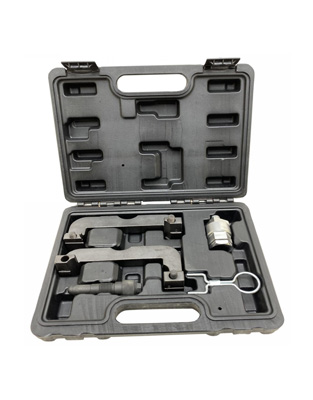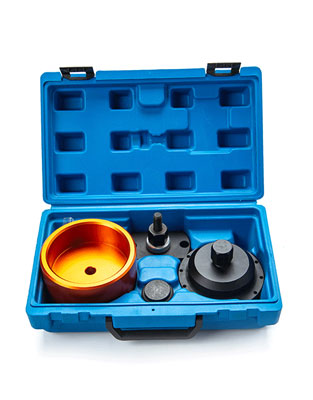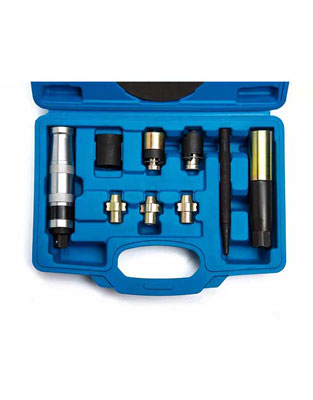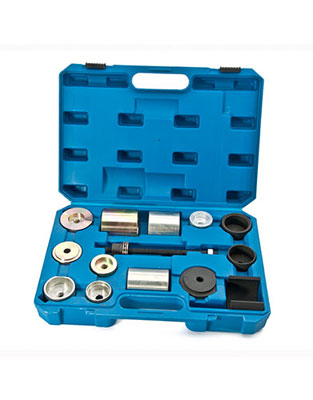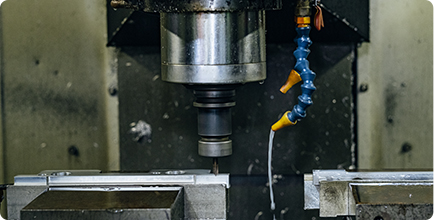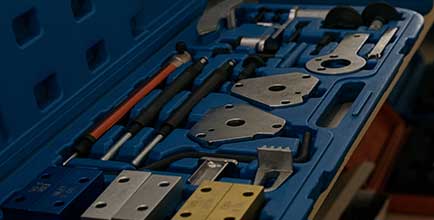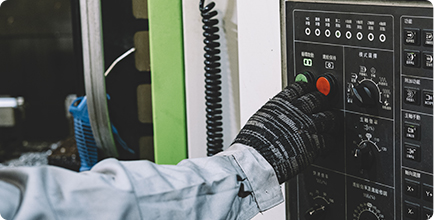Precision Timing in Engineering
In the intricate world of modern engineering, precision is the name of the game. The successful execution of complex projects often hinges on the precise synchronization of various components and processes. Among the many tools that engineers rely on, timing tools stand out as indispensable instruments. This article delves into the significance of timing tools and their diverse applications in the field of engineering.
Timing Tools: A Multifaceted Solution
Timing tools come in various forms and serve a multitude of purposes. Whether in automotive engineering, aerospace, manufacturing, or robotics, timing is critical. Consider the intricacies of an automobile engine. The precise coordination of the engine's components is what keeps it running smoothly and efficiently. Timing belts and pulleys, camshaft and crankshaft gears, and various sensors all play a part in ensuring the engine functions flawlessly.
In aerospace engineering, timing tools are vital for rocket launches. The alignment of fuel ignition, navigation, and booster separation requires perfect timing to ensure a successful mission. Additionally, manufacturing processes, such as automated assembly lines, rely on timing tools to synchronize robotic arms and conveyors.
The Role of Timing Tools in Modern Innovation
With the rapid advancement of technology and the demand for greater precision, timing tools have become increasingly sophisticated. Modern timing tools often incorporate advanced sensors, microprocessors, and software that allow for real-time adjustments and data collection. These tools are not only accurate but also efficient, saving time and resources in the long run.
One example of cutting-edge timing tools is the electronic engine control unit (ECU) in the automotive industry. The ECU continuously monitors the engine's performance and adjusts the timing of ignition and fuel injection for optimal efficiency and reduced emissions. This not only maximizes engine performance but also helps meet stringent environmental standards.
In the world of robotics, timing tools are essential for autonomous systems. Robots must coordinate multiple tasks, from sensor inputs to motor controls, all in real-time. Advanced timing tools make it possible for robots to adapt to changing environments and perform tasks with unparalleled precision.
Future Innovations in Timing Tools
As engineering continues to advance, the development of timing tools is far from over. Researchers and engineers are exploring new frontiers in timing technology. One promising area is quantum timing, which harnesses the unique properties of quantum particles to achieve even greater precision. Quantum timing tools have the potential to revolutionize fields like global positioning systems (GPS), cryptography, and more.
Moreover, the integration of artificial intelligence (AI) into timing tools will further enhance their capabilities. AI algorithms can predict and adjust timing with unprecedented accuracy, making them invaluable in applications like autonomous vehicles, where split-second decisions can be a matter of life and death.
In conclusion, timing tools have become the unsung heroes of modern engineering. Their precision and versatility are at the heart of many industries, driving innovation and efficiency. As technology continues to evolve, timing tools will play an ever more crucial role in ensuring that everything runs like clockwork in the world of engineering.
 EN
EN










